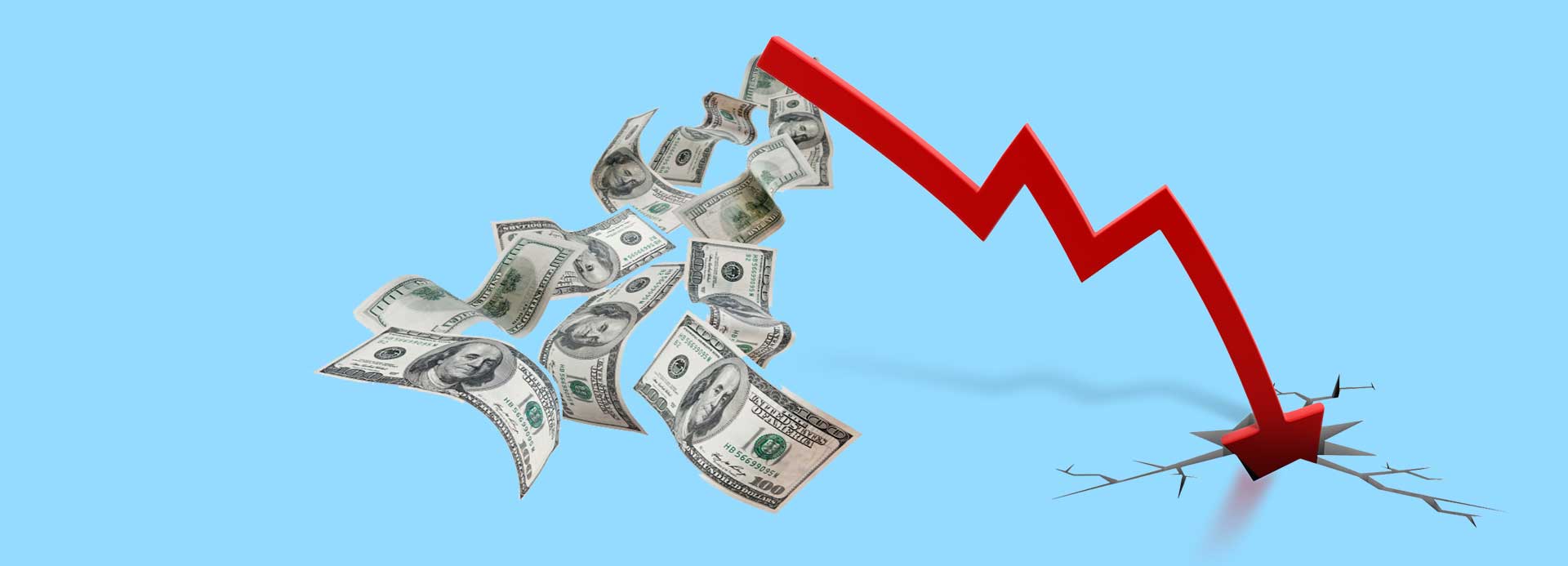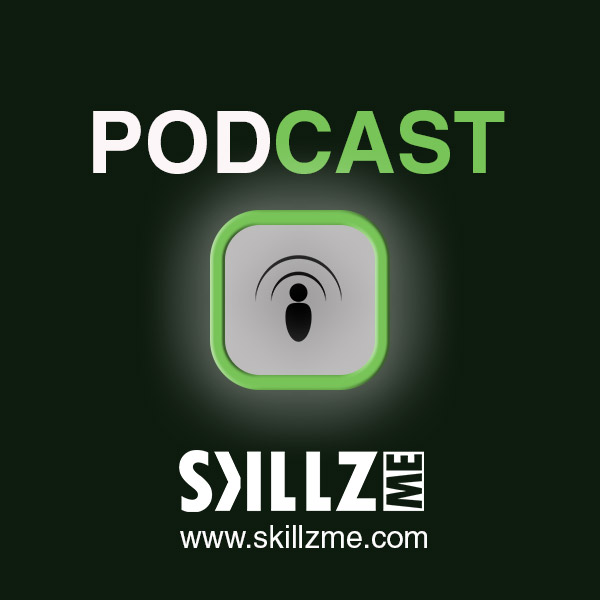

We can hear it every day and read it in the news headlines claiming an economic downturn is looming on the horizon. But let’s be honest, what have we learn from history? Are we acting-wise?
And what are the signs of a downward-trending economy? What types of businesses are exceptions to the rule and actually do well during a downturn? Which businesses are non-cyclical and aren’t particularly affected by economic ups and downs?
An infographic by GreatBusinessSchools.org, a portal that provides information to students before they commit to business education, tackles those questions and others.
The statistics show that in 2018, more than 1 in 7 Americans were 3 or more months behind on their auto loan payments. But the question remains, did we learn from History? Well, what goes up, must come down, right?
The economy cycle goes through phases. When asset prices surge due to overzealous market behavior it creates a bubble. When costs get too high for investors, massive sell-offs begin. This effect is called bubble burst and the economy takes a downturn. The recession starts when the market trends down. Here comes the danger because when a recession is particularly bad or long we end into a depression.
What signals a down economy?
Compare long-term and short-time interest rates, of short time interest rates, are higher, a recession is likely. In 1980, the federal reserve caused a recession by raising interest rates to combat inflation.
Initial claims for unemployment insurance could be a leading indicator by assessing businesses that need to cut back on current spending.
In 1933, The Great Depression brought unemployment up to 25% and remained above 10% until 1941.
Housing construction can be affected by interest rates, a common spark of recessions is the tightening of the federal reserve. In 2007, the Great Recession was triggered when the subprime mortgage bubble burst and spread to the general economy.
Consumer surveys about the current economic situation and expectations for the future have been useful for predicting economic downturns, this is captured in the Consumer Confidence Index (CXI). Consumer spending is the largest contributor to economic growth – compromising 50% – 75% of the GDP.
Exceptions to the rule
Some things we’re always ready to spend money on – even in a down economy.
In Europe, personal products outperform the broader economy by 100% this sector showed continued growth through each of the past 4 recessions 70s, 90s, 2000s, and the great recession. US cosmetics sales increased through the past recessions 1990, 2001, and the great recession.
Classic is also the steady consumption of alcohol beverages that stay the same during recessions. For sure people find a way to escape from depression by consuming alcohol. Other vices like tattoos, cigarettes, tobacco, and candy also typically do well during downtime. In the US, health care spending has grown every year since 1960 (since National Health Expenditure Accounts, NHEA, began tracking).
None Cyclical Businesses
Funeral services will always be in need, although the down economy may lead Americans to more cost-effective plans. US accounting forms declined at the rate of .3% annually starting from 2008. However, the job sector as a whole experienced growth.
In 2011, Global sales of luxury rose by 10% just 2 years after the Great Recession. By 2010, luxury apparel sales outperformed mass apparel.
In 2009, Wal-Mart sales jumped 5% through discount offers, while other retailers struggled. More Americans are regularly sopping in the thrift stores.
Information technology jobs more than doubled over the past 3 recessions. By 2019, 19 of the 50 top-rated jobs in the US are tech-related.
Lesson Learned
Your business doesn’t have to be in the thriving industry to survive a down economy. In the infographic, you can read what you can do during downtime and which tech can help you during these times.


![2024 Global Trends in AI [Infographic] 2024 Global Trends in AI](https://www.skillzme.com/wp-content/uploads/2024/11/hero-image-2024-global-trends-in-ai-infographic-200x200.jpg)
![Top Software Development Trends for 2024 [Infographic] software development trends of 2024](https://www.skillzme.com/wp-content/uploads/2024/11/hero-image-software-development-trends-2024-200x200.jpg)
![At a Glance Guide to Relocation to Dubai [Infographic] hero-image-relocation-dubai](https://www.skillzme.com/wp-content/uploads/2024/12/hero-image-relocation-dubai-200x200.jpg)


Recent Comments